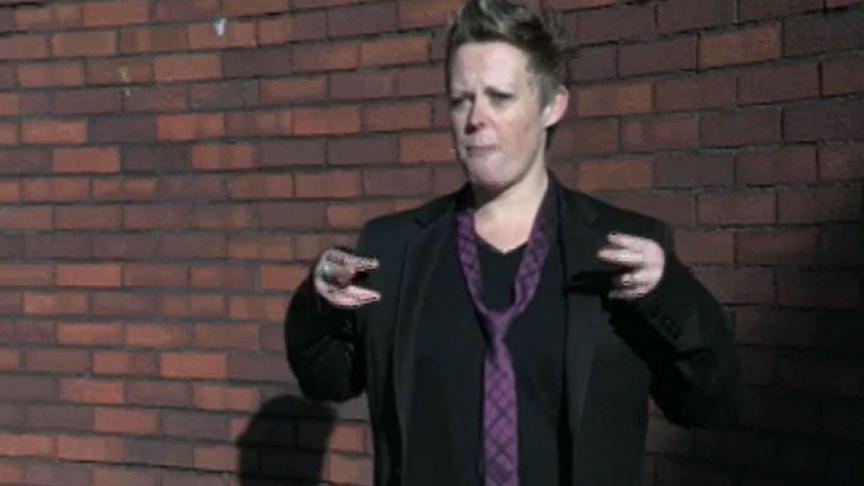Sign language course a hit as thousands join in
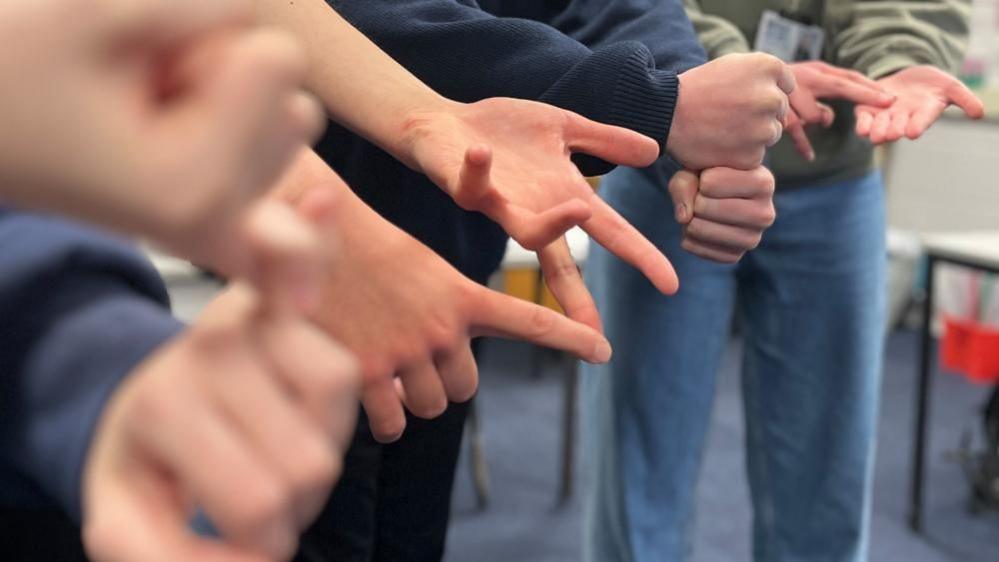
At least 31,000 people have signed up to learn BSL thanks to a course developed by Doncaster Deaf Trust
- Published
A free online course teaching British Sign Language (BSL) has "surpassed expectations" with tens of thousands of people signing up, its organisers have said.
While staff at Doncaster Deaf Trust had aimed for about 3,000 subscribers to the BSL course it had developed, over 31,000 people across the UK had so far joined in, according to the charity.
Many of those enrolling on the course worked with deaf children and adults in the education sector, a trust spokesperson said.
Alexis Johnson, chief executive of the trust, which runs Doncaster School for the Deaf and the Communication Specialist College Doncaster, said: "Our pupils, students and staff love to see more people learning to sign."
The British Deaf Association has estimated that the total number of people in the UK who used BSL was about 151,000 and, of those, 87,000 were deaf.
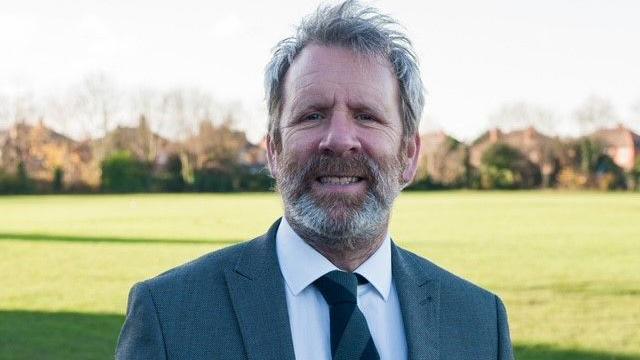
Alexis Johnson, chief executive of Doncaster Deaf Trust, said the response to the course was "unbelievable"
Mr Johnson explained that the course had originally started as a National Lottery community project in 2019.
The course material was all online and designed to be visual and interactive with videos and quizzes, he said.
The response to the course from across the country had been "unbelievable", Mr Johnson said.
"We had a target of 3,000 subscribers originally, but last month we reached 31,000."
The trust boss said he believed the increase in popularity of the course was at last partially thanks to the "increase in media exposure" of the deaf community.
"It's grown thanks to people like Rose Ayling-Ellis on Strictly, but also you can see sign language being used on telly more and more," he said.
In 2021, Rose Ayling-Ellis was the first ever deaf contestant on Strictly Come Dancing, and the former EastEnders star also appeared last year in a bilingual thriller called Reunion, which used both BSL and spoken English.
According to Mr Johnson, BSL had "become a second language" for many of those who had taken part in the course and who worked in the education sector.
"Instead of teaching German or French, they want to teach BSL. It's a language people can engage with," he said.
"We know that time can often be an issue, which is why this online course is available all year round," Mr Johnson added.
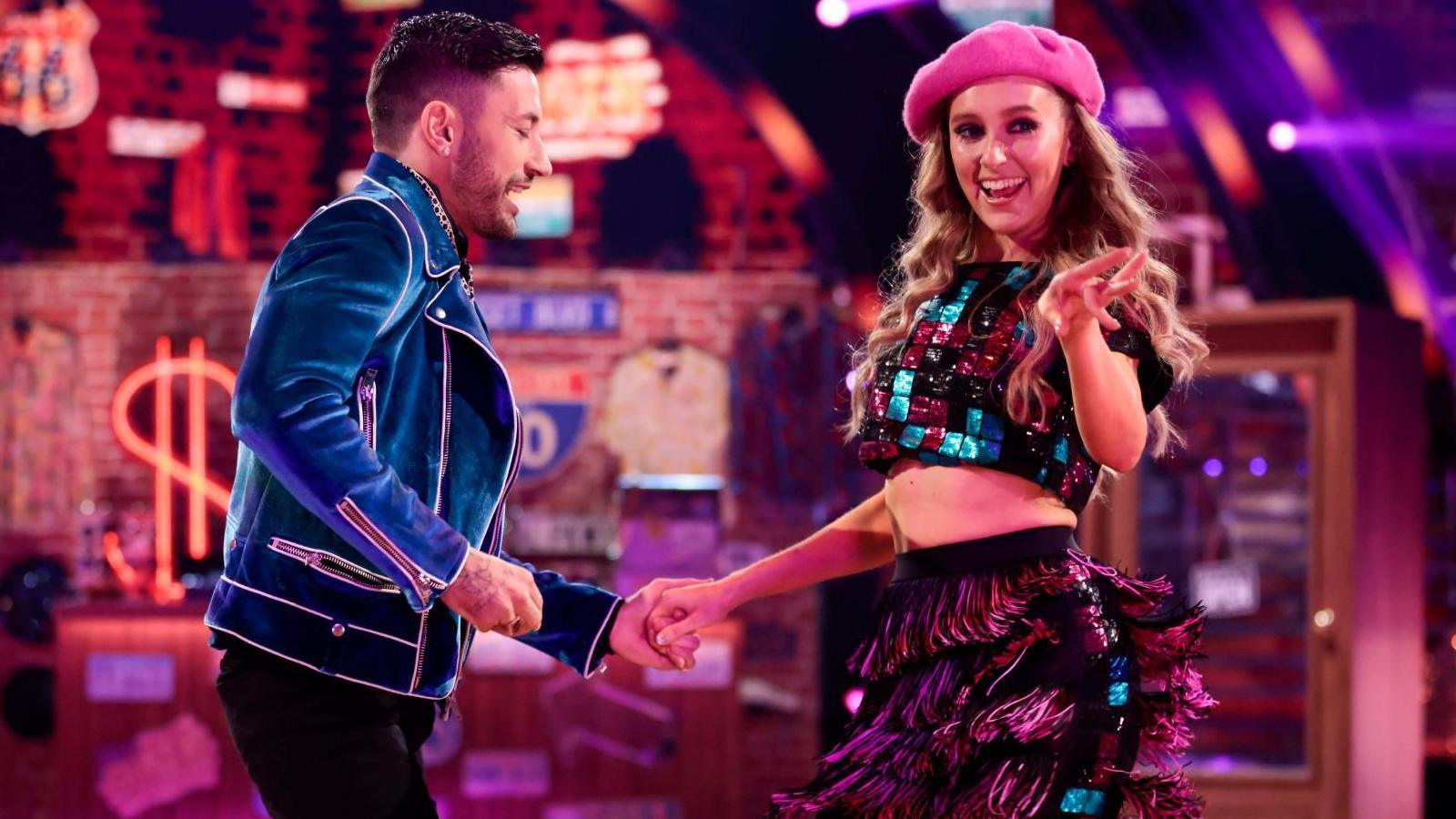
In 2021, the success of actor Rose Ayling-Ellis, the first deaf contestant on Strictly Come Dancing, saw a surge in people learning BSL
Hazel Joel, 25, from Sheffield, signed up to the course after moving to London and joining a rugby team called Bec Belles, which had several members who were deaf.
As a result, training sessions and player calls involved using sign language, and once a month the team even had a "silent lunch" where only sign language was allowed.
Ms Joel said: "I always thought it would be really cool to sign, but never got around to it.
"Since joining the club, I really wanted to be able to communicate with all my teammates."
Ms Joel said a total of 25 of her friends and teammates had now signed up for the Doncaster Deaf Trust course.
They met weekly to "hold each other accountable" after completing each module, she added.
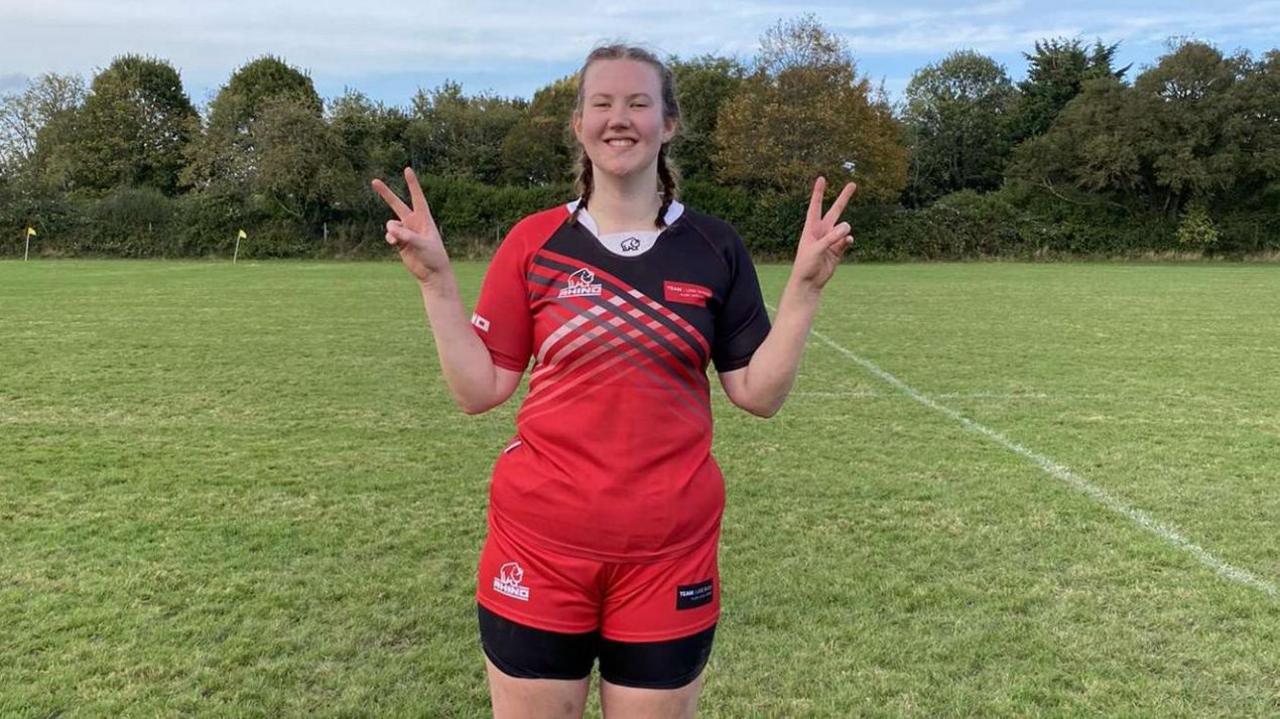
Hazel Joel from Sheffield signed up for the BSL course developed to help her communicate with her deaf rugby teammates
A consultation is currently under way on the assessment of a new GCSE in BSL in England.
Frankie Garforth, head of inclusion at the Royal National Institute for Deaf People (RNID), said BSL was a "rich and visual language which we encourage everyone to learn".
"It's brilliant to see so many people taking it up in Yorkshire and across the UK," she said.
"Even learning a few simple signs can make a huge difference to the deaf community."
Ms Garforth said that RNID research had found that 71% of the public would not feel confident communicating with someone who used BSL, and 34% said that was because they just did not know how.
"However, the good news is that people are eager to get their communication right, with more than half of the general public saying learning basic words and phrases in BSL would help them."
Get in touch
Tell us which stories we should cover in Yorkshire
Listen to highlights from South Yorkshire on BBC Sounds, catch up with the latest episode of Look North
More stories like this
- Published9 September
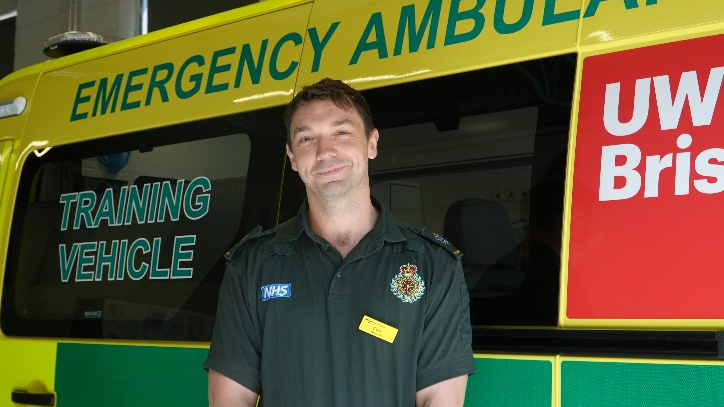
- Published8 April
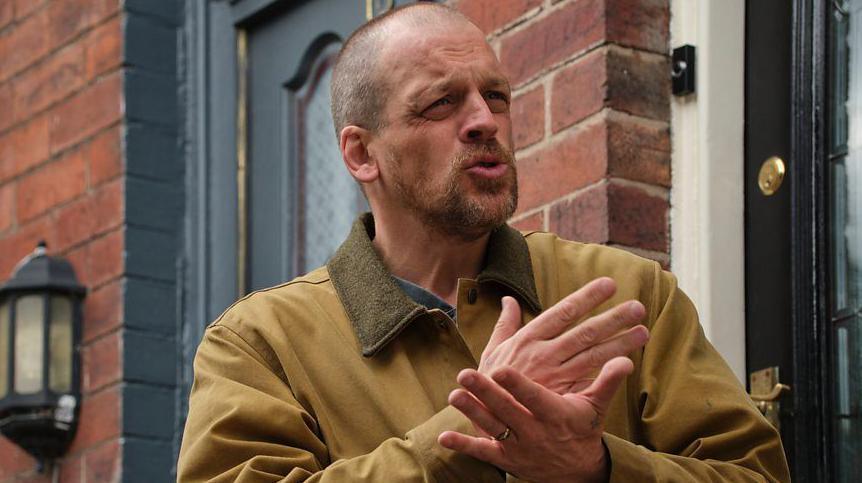
- Published11 July
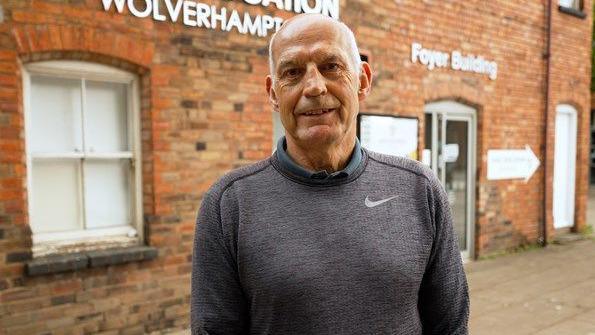
- Published12 May 2024

- Published19 August
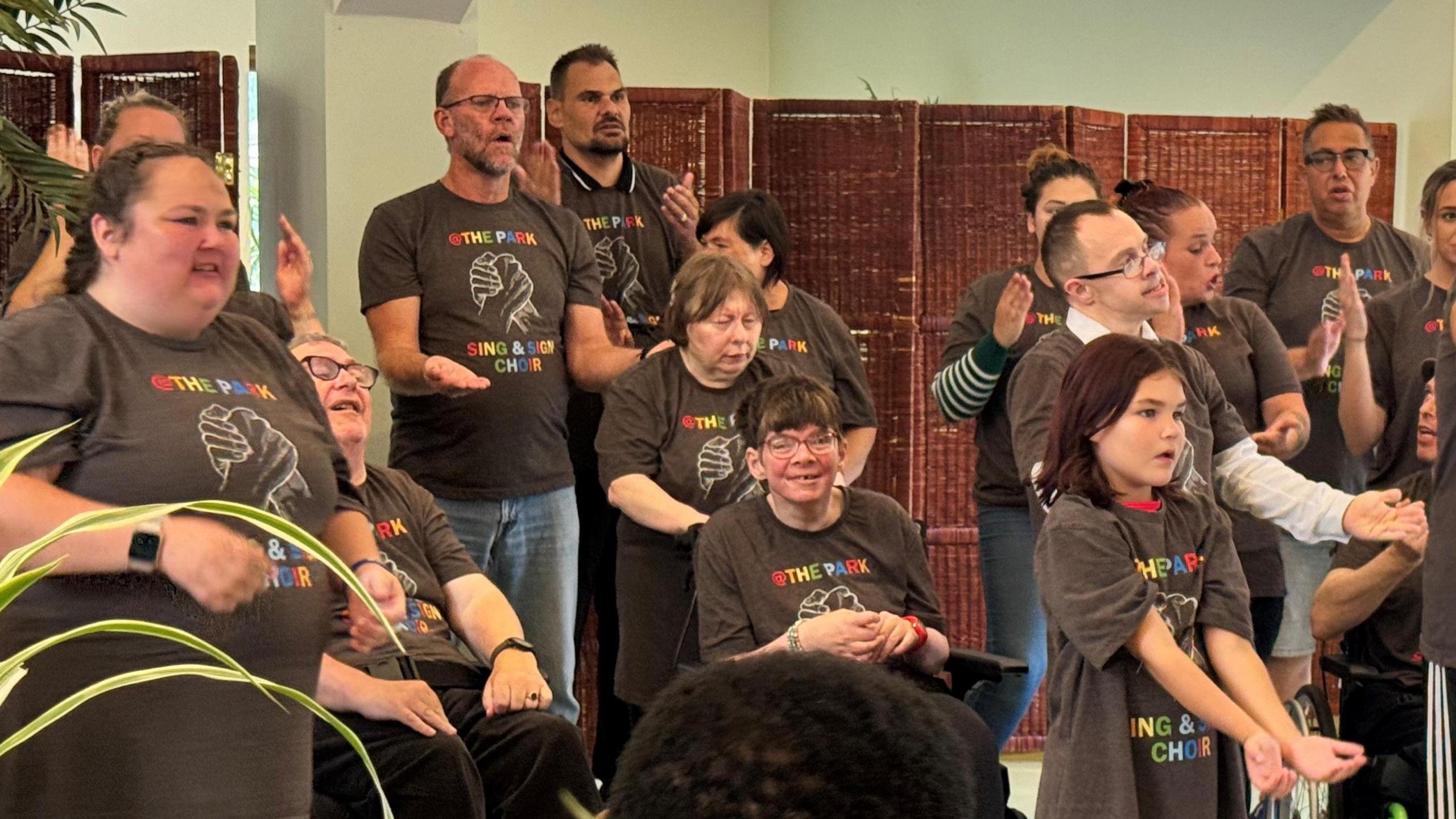
- Published5 October 2024
